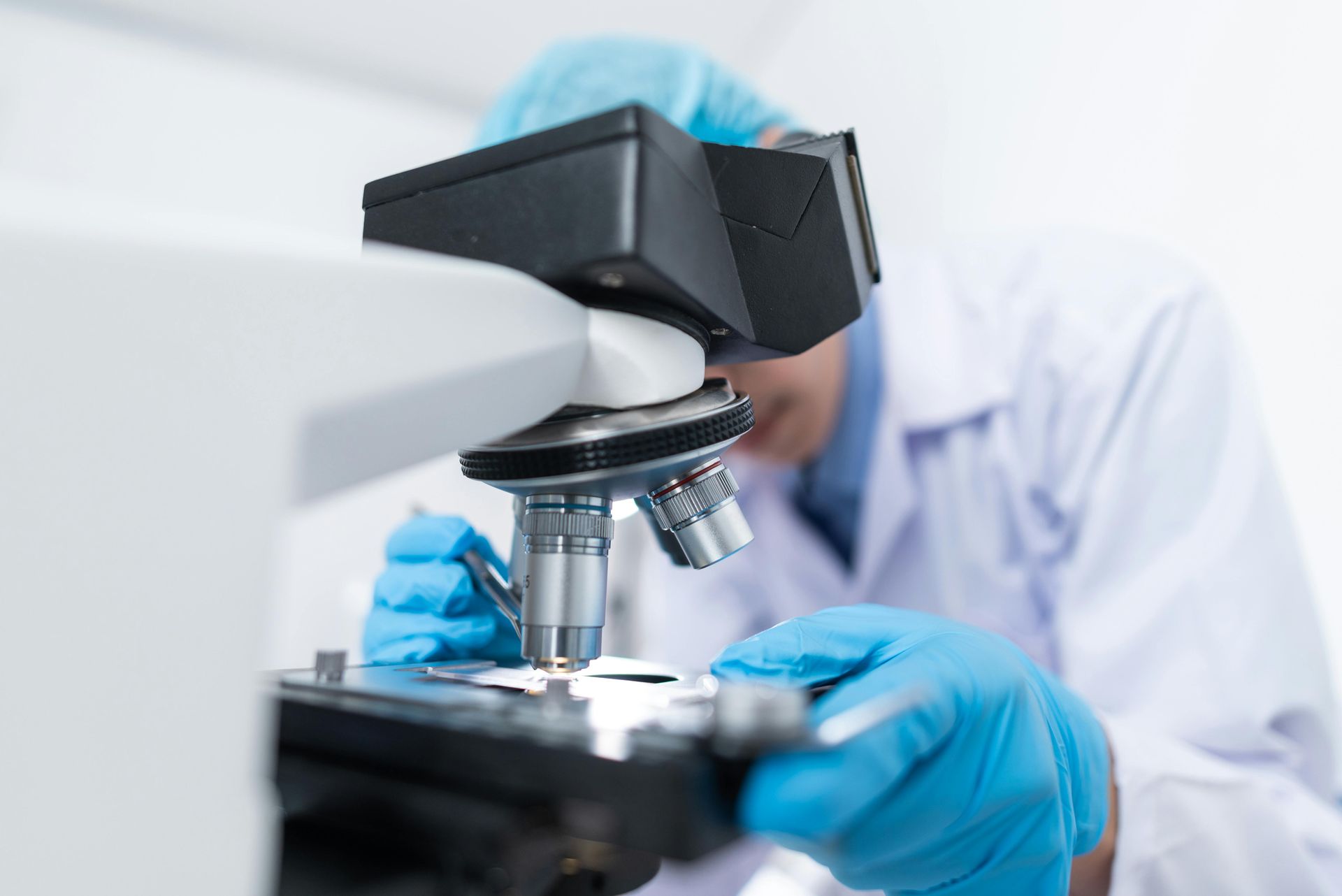Enhancing Implantation: The Role of Intrauterine PRP, hCG, and PBMCs
Enhancing Implantation: The Role of Intrauterine PRP, hCG, and PBMCs
One of the most challenging moments in IVF treatment is when a healthy embryo is transferred into the uterus, but implantation does not occur. At Caperton Fertility Institute, we understand how frustrating and disheartening this can be. That’s why our team is exploring promising new therapies designed to improve endometrial receptivity and support successful embryo implantation.
Among the most exciting innovations are:
- Intrauterine Platelet-Rich Plasma (PRP)
- Intrauterine Human Chorionic Gonadotropin (hCG)
- Peripheral Blood Mononuclear Cells (PBMCs)
Each of these investigational treatments may help prepare the uterine environment to better support embryo implantation, especially for women who have experienced repeated implantation failure (RIF).
Intrauterine Platelet-Rich Plasma (PRP)
Just as PRP has been studied for its regenerative potential in ovarian health, it may also improve the uterine lining (endometrium). PRP is prepared from a patient’s own blood and infused into the uterine cavity before embryo transfer.
Potential benefits of intrauterine PRP for implantation include:
- Promoting growth of the endometrial lining
- Enhancing blood flow to the uterus
- Stimulating growth factors that may improve embryo receptivity
For women with thin endometrium or repeated implantation challenges, PRP may offer a new opportunity for success.
Intrauterine hCG Infusion
Human chorionic gonadotropin (hCG) is a natural hormone produced by the early embryo. One of its roles is to signal the uterus to prepare for implantation. Administering a small dose of hCG directly into the uterine cavity before embryo transfer may mimic this natural signaling process.
Studies suggest intrauterine hCG may:
- Improve implantation rates
- Enhance communication between the embryo and endometrium
- Support early pregnancy development
Peripheral Blood Mononuclear Cells (PBMCs)
PBMCs are immune cells—such as lymphocytes and monocytes—isolated from a patient’s blood. These cells can be activated in the lab and then infused into the uterine cavity prior to embryo transfer.
The goal of PBMC therapy is to modulate the immune response, helping the maternal immune system accept the embryo.
PBMC therapy has been explored in women with:
- Recurrent implantation failure (RIF)
- Suspected immune-related fertility challenges
Emerging studies suggest PBMCs may increase implantation and pregnancy rates by improving the immune environment of the uterus.
Who Might Benefit From PRP, hCG, or PBMC Therapies?
These investigational intrauterine treatments are typically considered for women who have:
- Repeated implantation failure despite transferring healthy embryos
- Thin or unresponsive endometrial lining
- Suspected immune-related implantation challenges
Because these treatments are still experimental, a detailed consultation is essential to determine whether they may be appropriate in your fertility journey.
Caperton Fertility Institute’s Commitment
At Caperton Fertility Institute in Albuquerque, NM, and El Paso, TX, we are committed to providing innovative, evidence-based fertility treatments. While intrauterine PRP, hCG, and PBMCs remain investigational, they represent promising new tools for patients facing implantation challenges.
Our approach is always personalized—we carefully evaluate each patient’s history, test results, and goals before recommending advanced or experimental therapies.
Moving Forward With Hope
If you’ve experienced repeated implantation failure, we know how discouraging it can feel. At Caperton Fertility Institute, our team offers both cutting-edge science and compassionate care to help you move forward with confidence.
📍
Clinics in Albuquerque, NM & El Paso, TX
📞
Call today or request a consultation online to explore your fertility treatment options and discover whether intrauterine PRP, hCG, or PBMC therapy may be right for you.




